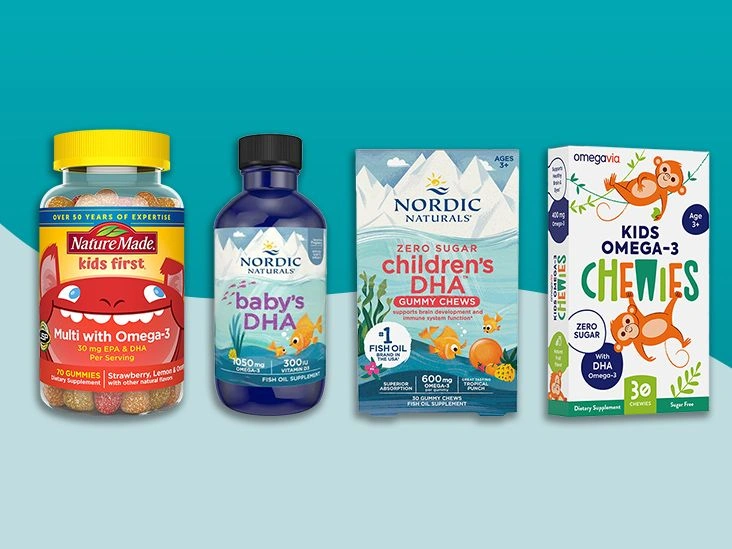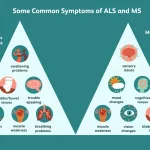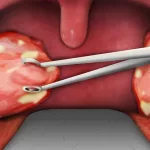A quick look at the best fish oil for kids
- Best overall: | Skip to review
- A gummy without added sugar: | Skip to review
- A good liquid option with more value: | Skip to review
- A gummy multivitamin that contains fish oil: | Skip to review
- Most convenient for kids on the go: | Skip to review
- A vegan-friendly liquid option: | Skip to review
- Best for infants when pediatrician recommends: | Skip to review
Fish oil supplements can offer a fast, convenient method to increase the amount of omega-3 fatty acids — such as docosahexaenoic acid (DHA) and eicosapentaenoic acid (EPA) — in your child’s diet.
Although most children obtain sufficient nutrients through a varied diet, fish oil can be helpful for selective eaters or youngsters who seldom consume seafood or other omega-3-rich foods.
:max_bytes(150000):strip_icc()/prt-tier-3-primary-best-fish-oil-kids-ahuang-045-fc980c4b51a44e86978da125ba786f95.jpeg)
From liquids to softgels to gummies, manufacturers produce many kid-focused formats. Keep reading for guidance on what to look for and a few top picks.
How we chose these fish oil supplements for kids
When assembling our selection of the best fish oil supplements for kids, we evaluated several points:
- Nutrients: We picked products that provide DHA and EPA — the forms of omega-3 most readily used by the body.
- Ingredients: We favored supplements made with quality ingredients and avoided products with unnecessary fillers, artificial additives, or preservatives.
- Quality testing: Many items on our list have undergone third-party testing to help confirm purity, safety, and product quality.
- Online reviews: We examined real parent reviews to find which fish oil options performed well for kids.
- Vetting: All choices were vetted to align with Healthline’s standards for integrity and wellness coverage. You can read more about our vetting process.
What to look for in a fish oil supplement for kids (and what to avoid)
There are several things to weigh when shopping for a fish oil supplement for your child.
Key considerations include:
- Nutrients: Check the amounts of DHA and EPA listed on the label. Some omega-3 supplements also supply other vitamins — like A, D, or E — so review the label carefully, especially if your child already takes other vitamins.
- Other ingredients: Avoid fish oil products that contain artificial additives, excessive fillers, or large amounts of added sugar. Opt for options with minimal added sugar and a short ingredient list.
- Form:Fish oil comes in liquids, gummies, and softgels. Liquids can be easier to mix into food or drinks, whereas gummies and softgels may be preferred for taste or convenience.
- Source: Omega-3s are usually sourced from fatty fish, krill, cod liver, or algae. Consider dietary restrictions and personal preferences when choosing a source.
- Testing: Prefer products that have undergone independent testing or certification for safety and purity to reduce the risk of contaminants or heavy metals like mercury.
- Cost: Prices vary widely. Keep your budget in mind and remember that a higher price does not always mean better quality.
The benefits of fish oil for kids
Fish oil supplements can help raise a child’s omega-3 intake, particularly when seafood isn’t frequently offered.
They may also be associated with several potential health advantages, including:
- May support brain health: Omega-3s are important for brain development in childhood and adolescence and have been associated with benefits related to attention, memory, executive function, and communication.
- May aid sleep: Research indicates omega-3 fatty acids may reduce sleep disturbances and improve other measures of sleep health in children.
- Possible benefits for asthma: One study observed that adequate dietary omega-3 intake might be linked to a reduced risk of asthma in children and adolescents.
Still, fish oil supplements aren’t necessary for every child, especially those who regularly eat omega-3–rich foods such as fatty fish.
Who should not take fish oil?
Not every child needs fish oil, particularly if their diet is balanced and includes seafood regularly. High doses of fish oil can cause uncomfortable side effects like heartburn, nausea, and diarrhea.
Kids with fish or shellfish allergies should avoid fish oil and can choose omega-3 supplements from other sources, such as algal oil, instead.
If your child takes medications or other supplements, consult your pediatrician before introducing fish oil.
Also note that some omega-3 supplements may contain substantial amounts of nutrients commonly found in multivitamins — such as vitamins A or D — which can be harmful in excess.
Fish oil for ADHD
Researchers have examined omega-3 fatty acids for potential benefits to brain health and ADHD symptoms, but findings are mixed.
For instance, a trial of 60 children with ADHD found that supplementing with 550 mg of EPA and 225 mg of DHA daily for 8 weeks was linked to reduced impulsive behavior.
Another 12-week study of 92 adolescents reported that 1.2 grams of EPA per day could improve cognitive symptoms in youth with ADHD, particularly in those who began with low EPA blood levels. Conversely, those with high baseline EPA might experience adverse effects.
Other research suggests a connection between low EPA levels and greater ADHD symptom severity.
However, a review of 37 trials found that polyunsaturated fatty acids (including omega-3s) did not have a meaningful effect on parent-rated inattention, hyperactivity, impulsivity, or overall ADHD symptoms compared with placebo.
A 2023 meta-analysis also indicated that omega-3 supplementation had limited impact on core ADHD symptoms but might offer other long-term advantages.
Therefore, while omega-3s can support brain health, consult your pediatrician before using fish oil to manage ADHD symptoms.
Frequently asked questions about fish oil for kids
Do kids really need fish oil?
No. The National Institutes of Health (NIH) notes that most U.S. children consume adequate omega-3 in the form of alpha-linolenic acid (ALA).
Still, fish oil supplements can be an easy way to boost intake for picky eaters or those who don’t regularly eat omega-3–rich foods.
What is the right age to start taking fish oil?
There’s no fixed age to begin supplementation. Fish oil products are available for infants through adults.
A pediatrician can advise whether a fish oil supplement is appropriate for your child and recommend a suitable dose and format.
What are the side effects of taking fish oil?
Side effects of fish oil are generally mild and can include an unpleasant taste, fishy breath, headache, and digestive symptoms such as heartburn, diarrhea, or nausea. The NCCIH lists these possible effects.
How much fish oil for ADHD kids?
One small trial reported that 550 mg of EPA and 225 mg of DHA were associated with reduced impulsive behaviors in children. Another study found that 1.2 g of EPA alone could improve cognitive symptoms.
However, evidence is inconsistent, and other studies have reported no benefit from supplementation for ADHD symptom reduction.
The takeaway
Most children can meet their nutritional needs through a balanced diet and do not require supplements.
That said, fish oil supplements can be a simple way to increase a child’s omega-3 intake when needed, particularly for selective eaters or those not consuming enough omega-3–rich foods.
Always consult your child’s pediatrician before starting any supplement. They can suggest an appropriate dose and offer tailored advice based on your child’s individual needs.

























Leave a Reply
You must be logged in to post a comment.